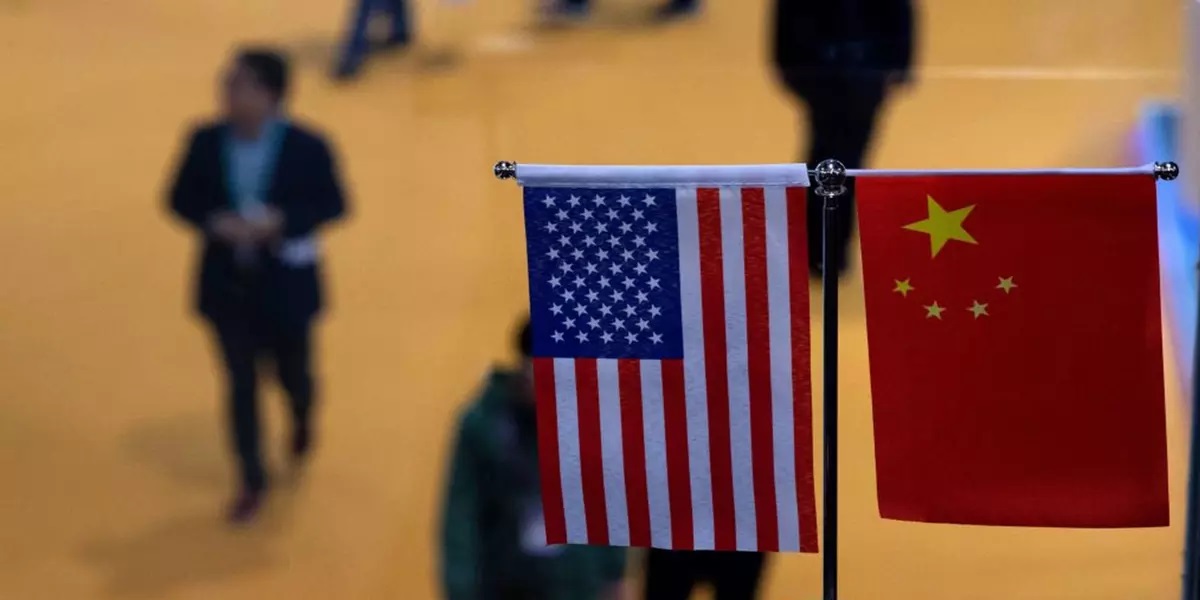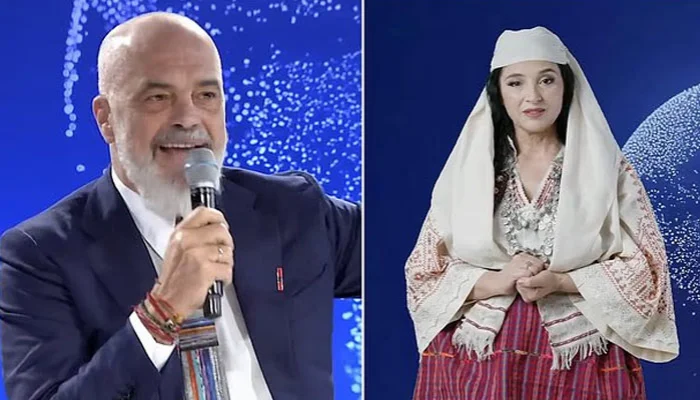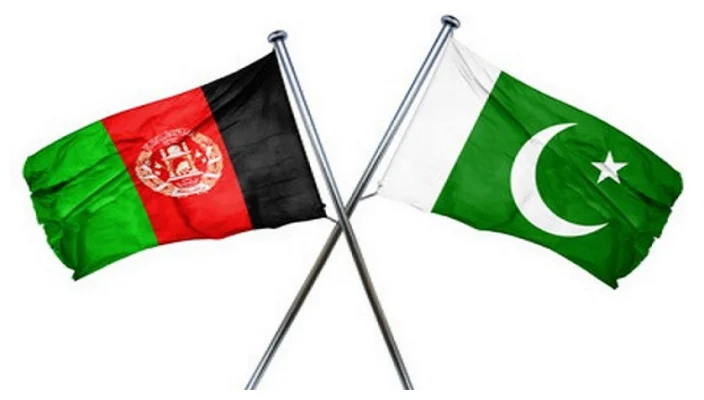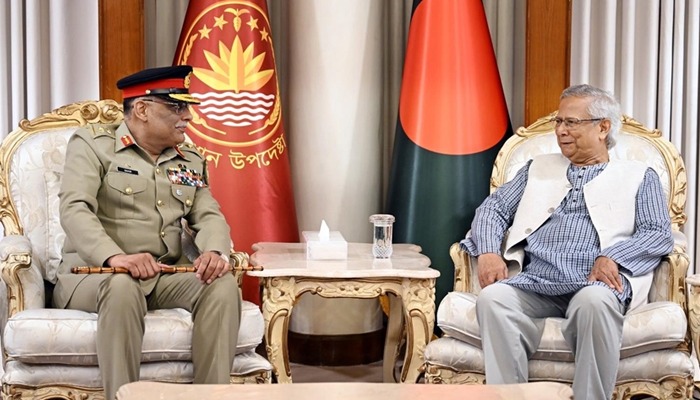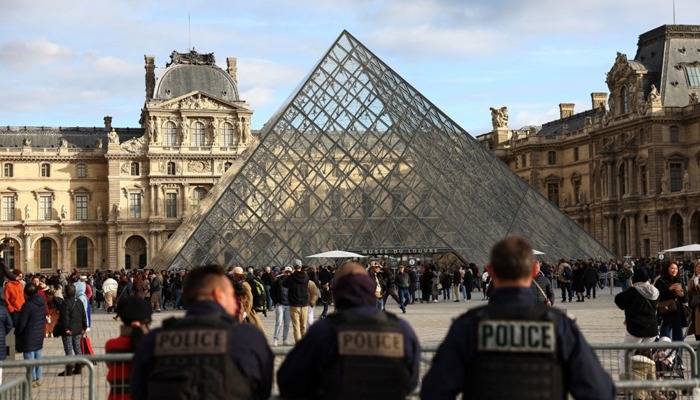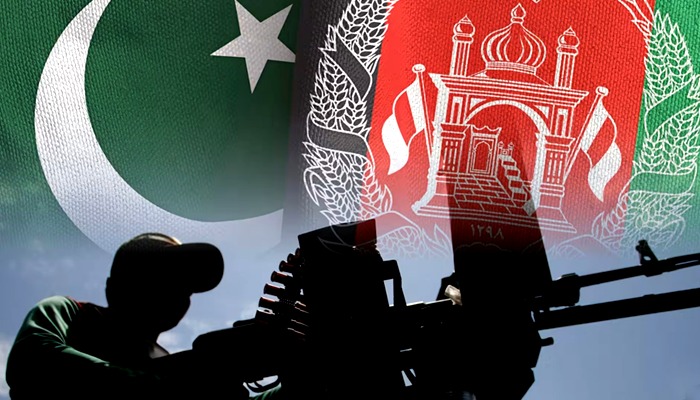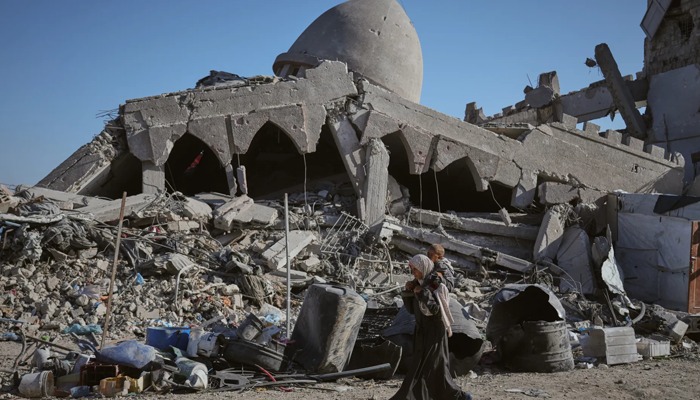Concerns have been expressed that Beijing may establish a military presence in the South Pacific island country as a result of a security arrangement.

NEW ZEALAND, WELLINGTON — Following a visit by an Australian senator last week, the US is sending two top officials to the Solomon Islands to address worries that China may establish a military presence in the South Pacific island country.
Kurt Campbell, the National Security Council’s Indo-Pacific coordinator, and Daniel Kritenbrink, the assistant secretary of state for East Asian and Pacific affairs, will lead a delegation of US government officials to the Solomon Islands later this week, as well as Fiji and Papua New Guinea, according to the White House.
Foreign Minister Wang Yi and his Solomon Islands colleague, Jeremiah Manele, formally inked a security agreement “the other day,” according to Chinese Foreign Ministry spokeswoman Wang Wenbin. There was no precise date mentioned.
Chinese warships might halt at the Solomon Islands, and China could send police and armed troops there “to help in preserving social order,” according to a copy of the deal that was posted online.
The agreement covers “maintaining social order,” as well as defending lives and property, delivering humanitarian aid, and reacting to natural catastrophes, Wang told reporters at a regular briefing.
The Solomon Islands has attempted to minimise the agreement’s importance, claiming that it would not result in China constructing a military facility there, but several neighbouring countries and Western countries are concerned.
The pact, according to US State Department spokesperson Ned Price, could destabilise the Solomon Islands and create a worrying precedent for the Pacific region.
“Despite the Solomon Islands government’s assertions, the wide nature of the security agreement allows for the deployment of PRC (People’s Republic of China) military forces to the Solomon Islands,” Price added.
Last week, Australian Senator Zed Seselja, the minister for international development and the Pacific, paid a visit to the Solomon Islands.
Seselja stated that he met with Solomon Islands Prime Minister Manasseh Sogavare and requested that the Chinese arrangement be terminated.
“In the spirit of regional openness and transparency, compatible with our region’s security standards,” Seselja said in a statement, “we have politely requested Solomon Islands to consider not signing the pact and to consult the Pacific family.”
The Solomon Islands framed the encounter in a more favourable light, claiming that Sogavare and Seselja had good conversations about the Solomon Islands’ and Pacific region’s security issues.
Last week, US Deputy Secretary of State Wendy Sherman discussed Washington’s plans to reestablish an embassy in Honiara with Solomon Islands Foreign Minister Jeremiah Manele.
The embassy’s reopening, which had been closed since 1993, was announced in February, before the security deal was made public, but amid mounting worries about Chinese influence in the strategically crucial country.

